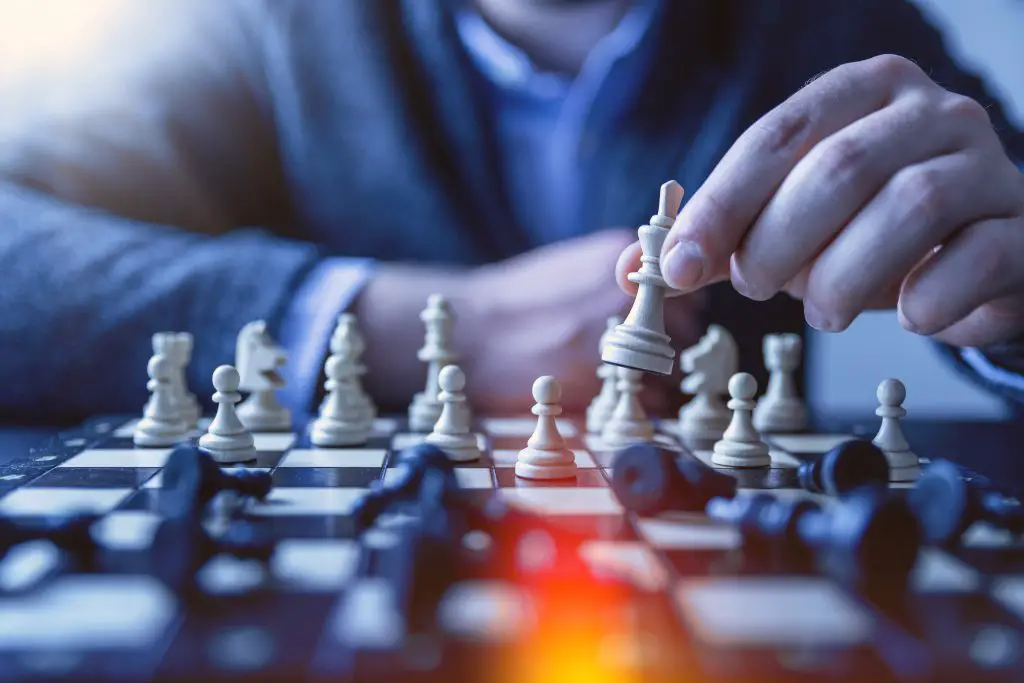Game Theory was originally an idea of John von Neumann based on the strategy and equilibrium in two person zero sum games and its proof was the Brouwer fixed-point theorem which has become a standard method in game theory and mathematical economics.
The study and attempt to understand interactions of competing parties using mathematical models to set the probabilities of outcomes is now known as Game Theory. It assumes that the decision makers are thought to be rational and will do what is in their own best interest when considering all their options.
Game Theory can have applications in different kinds of financial markets, trading, investing, social science, systems development, logic and software programming.
The first focus of Game Theory was on zero-sum games where wins and losses were equal among competitors but it has advanced to look at possible rational decision making paths for different kinds of human interactions in relationships, business, war, and financial markets.
Game Theory is the science of strategy or decision making that optimizes the best course of action based on the projection of the most likely moves of competitors in a ‘game’ based on projecting what they should do because it is in their own best interest.
This theory shifts a player away from trying to predict or have an opinion on what a competitor will do to using its principles for projecting their behavior by determining what would be in their best interest to do in their current circumstances.
The most important question in Game Theory is “If I was my competitor in their current situation with their resources and goals, what would I do?”
Photo by JESHOOTS.com from Pexels